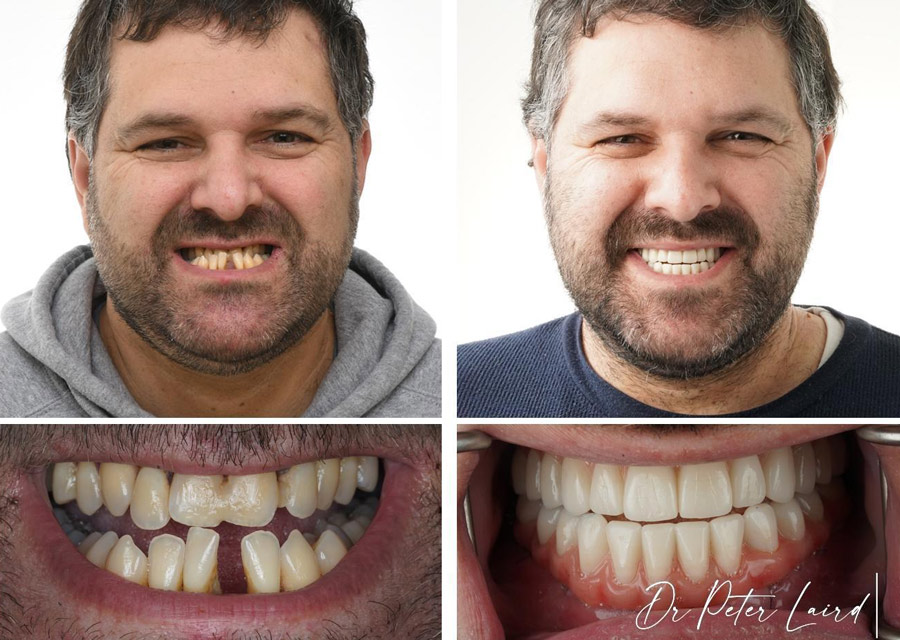Dental implants are a popular teeth replacement option in Australia.
What Should You Expect Immediately After Dental Implant Surgery?
Pain And Discomfort Management
Swelling And Bruising
Bleeding And Its Proper Management
When To Return To Work Or Normal Activities After Dental Implant Surgery
What To Do After Dental Implant Surgery
Adhering To Prescribed Medications
Following your dentist’s instructions regarding prescribed medication is crucial to ensure a smooth recovery process. Do not skip any medication and always take it as directed.
Following A Soft Diet Protocol
Practising Effective Oral Hygiene Techniques
What Can You Not Do After Dental Implant Surgery
Food And Beverages that Should Be Avoided
Avoid hot food and drinks, alcohol, and carbonated beverages for the first few days after dental implant surgery. Also, avoid using a straw as it can cause suction and dislodge the implant.
You should also avoid eating spicy foods, as well as chewing gum or any sticky and chewy food that requires a lot of jaw movement. This can put unnecessary pressure on the implant teeth site and potentially cause damage or dislodge the implant altogether.
Additionally, it is important to steer clear of sugary and acidic foods and drinks, as they can increase the risk of developing gum disease, tooth decay, and other oral health problems during the recovery period. Read the following to get further information: What to Eat After Dental Implant Surgery?
Activities to Avoid
Avoid strenuous activities for the first few days after dental implant surgery to prevent excessive bleeding and swelling, including swimming or bathing in a hot tub as it may disrupt blood clot formation. Also, avoid smoking for as long as possible as it can delay the healing process. Disregarding these tips may extend the time of healing after your surgery.
Dental Recovery & Complications
Infection And How To Prevent It
Infection is a risk after dental implant surgery. To prevent dental infection, practise good oral hygiene, and avoid touching the implant site with your hands or tongue. If you experience excessive bleeding, fever, or severe pain, contact your dentist immediately.
Dental Implant Failure Warning Signs
Allergic Reactions To Dental Materials
Addressing Dental Implant Complications
